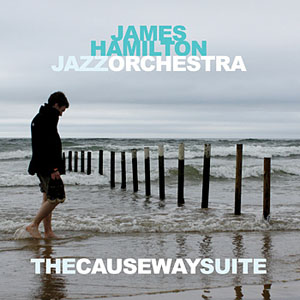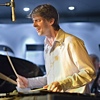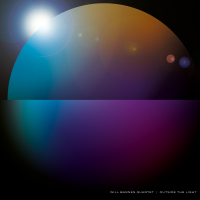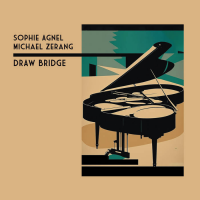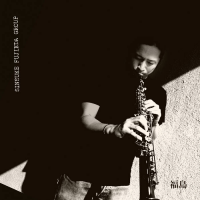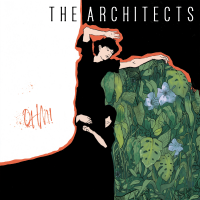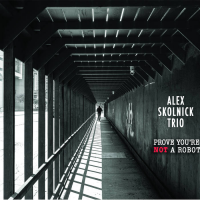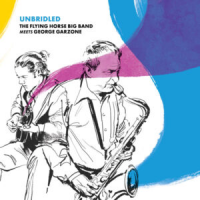Home » Jazz Articles » Album Review » Anthony Braxton: Trio & Quintet (Town Hall) 1972
Anthony Braxton: Trio & Quintet (Town Hall) 1972
Totaling in the hundreds, Braxton's numbered/graphical compositions have encompassed a wealth of technical innovations over the years; this set reveals the expansive dynamics of his Number 6 series—realized in a range of approaches, from austere introspection to brash expressionism. The first half of the concert presents Braxton's oblique alto excursions supported by bassist Dave Holland and drummer Philip Wilson. Holland's earlier work with Braxton, pianist Chick Corea and drummer Barry Altschul in the avant-garde super-group Circle (1970-1971) lends his rapport with the leader an intuitive, freewheeling air. Holland's virtuosic pizzicato and Wilson's lithe, in-the-pocket accents provide Braxton's blistering chromatic flights a supple undercurrent through a range of extreme sonic dynamics, while framing the lyrical interpolations of an abstract reading of "All The Things You Are" with recognizably melodic footnotes.
The quintet pieces illuminate a far more esoteric aspect of Braxton's singular aesthetic. The expanded ensemble features Altschul replacing Wilson in the drum chair and multi-instrumentalist John Stubblefield serving as Braxton's foil, with vocalist Jeanne Lee stepping out front. Neo-classical in approach, the second half of the date waxes and wanes from aleatoric pointillism to roiling bouts of frenetic collective improvisation, with Lee's highly expressive vocalese uniting a kaleidoscopic array of instrumental textures, from Braxton's bellowing contrabass clarinet ululations to Altschul's effervescent marimba cascades. In addition to matching the leader's angular cadences note for note, Lee imbues Braxton's quixotic lyrics on the concluding "Composition 6 P II" with poetic finesse, bringing a stately sensibility to an early period of Braxton's work that is sorely under-documented, making Trio & Quintet (Town Hall) 1972 a truly remarkable reissue.
Track Listing
Composition 6 N / Composition 6 (O); All the Things You Are; Composition 6 P I; Composition 6 P II.
Personnel
Anthony Braxton
woodwindsAnthony Braxton: alto saxophone, soprano saxophone, flute, contrabass clarinet, soprano clarinet, B-flat clarinet, percussion; Dave Holland: double bass; Philip Wilson: drums (1, 2); John Stubblefield: tenor saxophone, flute, bass clarinet, gong, percussion (3, 4); Jeanne Lee: voice (3, 4); Barry Altschul: drums (3, 4).
Album information
Title: Trio & Quintet (Town Hall) 1972 | Year Released: 2011 | Record Label: Hat Hut Records
Tags
PREVIOUS / NEXT
Support All About Jazz
 All About Jazz has been a pillar of jazz since 1995, championing it as an art form and, more importantly, supporting the musicians who make it. Our enduring commitment has made "AAJ" one of the most culturally important websites of its kind, read by hundreds of thousands of fans, musicians and industry figures every month.
All About Jazz has been a pillar of jazz since 1995, championing it as an art form and, more importantly, supporting the musicians who make it. Our enduring commitment has made "AAJ" one of the most culturally important websites of its kind, read by hundreds of thousands of fans, musicians and industry figures every month.


1972_jr.jpg)

